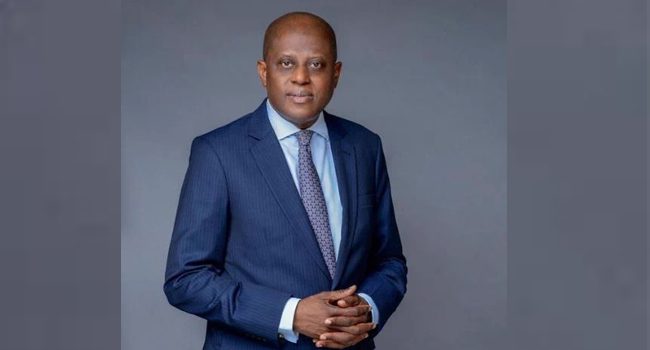Business
Reps Committees will meet with Cardoso to discuss the weakening of the naira

The Banking Regulations and National Security and Intelligence Committees of the House of Representatives are tasked with communicating with Yemi Cardoso, Governor of the Central Bank of Nigeria (CBN).
Following the approval of a proposal made by Ismaila Dabo in plenary on Tuesday, this resolution was reached.
According to Dabo’s motion, the government’s foreign exchange strategy is putting untold people through suffering “due to increased demand for dollars and a dollar shortage.”
Despite its June unification, he claimed that “Nigeria’s foreign exchange inflows are lagging.”
The naira has lost a greater percentage of its value against the dollar, falling from N778.602/$ as of September 26 2023 to nearly N1000/$ at the parallel market. This represents the first time Nigeria has liberalised the foreign exchange market. “Nigeria’s foreign exchange inflows are lagging despite unification in June, with high demand for foreign currency and limited access to official markets incentivizing black market purchases,” he said.
Read Also:Bank in difficulty CEOs as Tinubu’s investigator looks into the N1.27 trillion CBN stimulus monies
Ademorin Kuye, who spoke in favour of the resolution, claimed that by using the dollar for domestic trade, the problem has become even more serious.
“Today, you must pay money if you wish to travel with international airlines. There are several upscale markets where they price you in dollars, particularly real estate. He declared, “This is unlawful.
After a protracted discussion, the House decided that the Federal Government should develop structural changes and policies to combat corruption and encourage the nation’s economy to diversify.
Furthermore, it exhorted the Federal Government to increase the confidence of foreign investors in its monetary and fiscal policies in order to stimulate exports and decrease imports.
